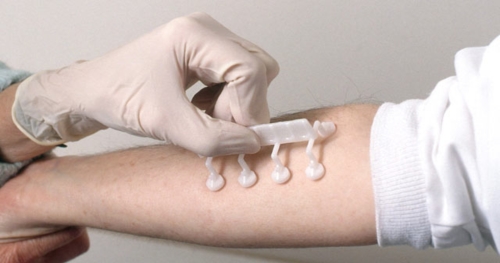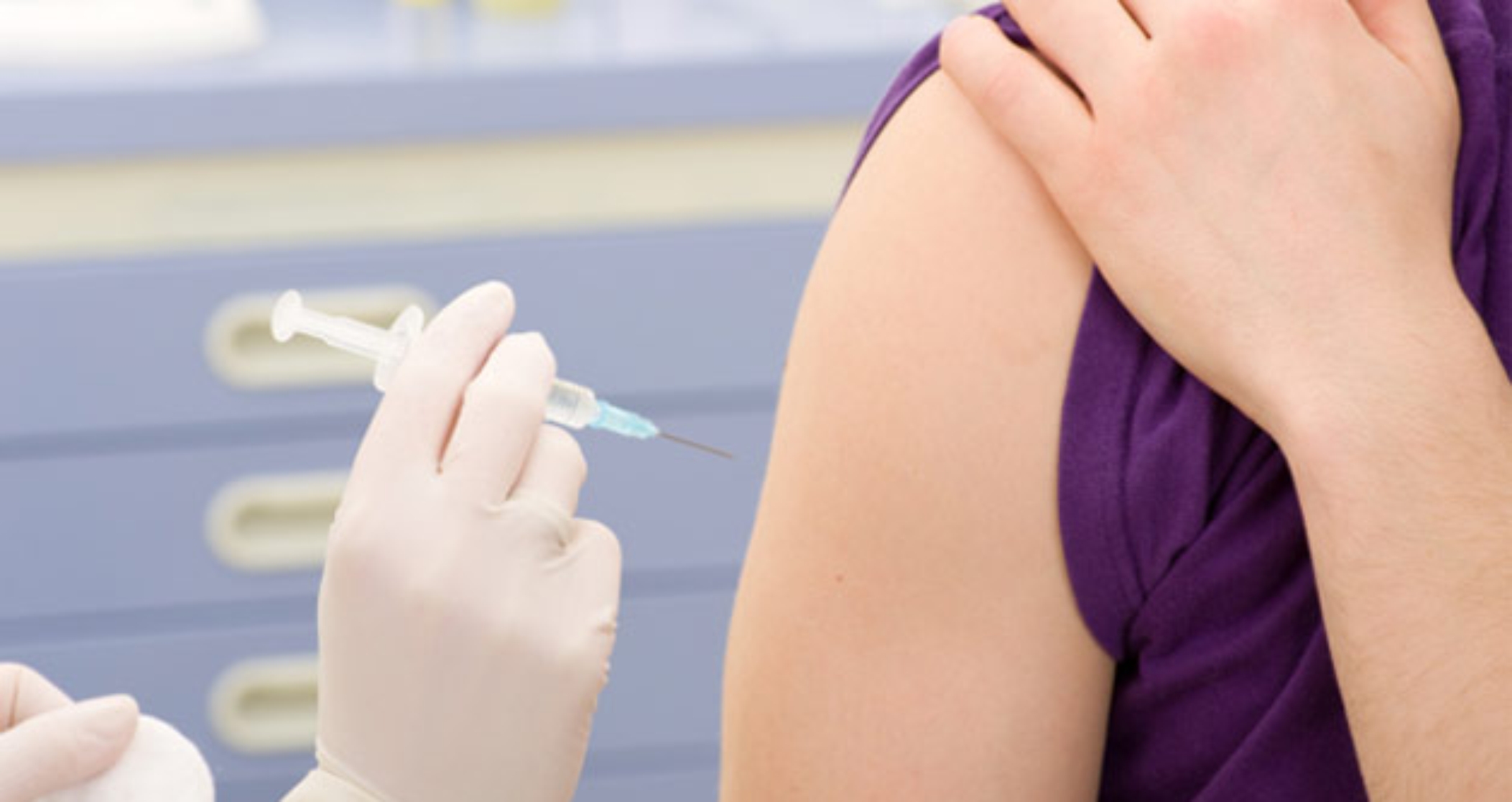Allergy testing
Why are there so many allergies today?
 If you have an allergy, your immune system is hypersensitive to certain substances you breathe, eat, or touch.
If you have an allergy, your immune system is hypersensitive to certain substances you breathe, eat, or touch.
How can you know which allergen is responsible for your symptoms?
When to contact an allergist:
If you have the following symptoms:
- Respiratory system: sneezing, sneezing several times in a row, stuffy nose, itching of the nose, mouth, or eyes, sinus issues, respiratory issues, coughing, wheezing in the chest...
- Skin: eczema, itching, hives...
- Abdomen: vomiting, diarrhea, bloating after taking certain foods...
- Severe reactions after insect bites: a large swelling on the bite spot followed by rash, choking, loss of consciousness...
- Anaphylaxis: a serious and severe allergic reaction that involves multiple organs and systems at the same time...
- There is information about the existence of the disease in other family members, symptoms are seasonal and repeated over several consecutive years, or they occur after staying in a certain area, always after being in contact with a substance, food, or drug; if you have colds that last longer than two weeks...
In general, allergy tests are safe and effective for adults and children of all ages. Allergist chooses the test that is best for you. It may be:
IgE - skin prick test: most often performed; the gold standard in the diagnosis of allergic diseases: a small amount of the allergen is introduced into the skin by pricking the skin’s surface. The test is almost painless, and if you are allergic a small swelling appears after 20 minutes on the spot, much like after a mosquito bite, and passes after 30 minutes. Skin testing is best done at allergy clinics because they provide the appropriate interpretation with minimum risk and side effects.
IgE - blood test: these are mainly done when it is not possible to do skin tests, if certain medication is taken or in case of widespread changes on the skin; the test is done using a blood sample, and the results are not completed immediately but take some time.
Provocation tests: these tests are done in unclear cases; for example, if there are typical allergic symptoms and the previously done skin tests are negative, this requires a nasal provocation test or methacholine test.
Treatment
 Allergies are treated by:
Allergies are treated by:
- Avoiding allergens with preventive measures and patient education
- Using generally accepted pharmacotherapy – medication
- Immunotherapy (allergy vaccines – specific hyposensitization).
Immunotherapy (specific hyposensitization) is the practice of applying small, increasing concentrations of the allergen to which the patient is hypersensitive in order to achieve long-term tolerance to the specific allergen. This is the only therapy that treats the cause of the disease.
After successfully undergoing desensitization, repeat contact with the allergen will not cause any disease symptoms, or they will be much lesser.
In addition to causing a reduction in symptoms and the need for conventional medication, it prevents the appearance of new allergies and the development of asthma in patients with allergic rhinitis.
Candidates for this therapy are patients diagnosed with allergic rhinitis, asthma, and allergies to insect venom (bee, wasp, hornet). The treatment takes at least three years, and it is administered only according to the indications and under the supervision of doctors trained in this type of therapy – allergists.
It comes in the form of subcutaneous injections or – as is today more frequent – in the form of sublingual drops or pills.


